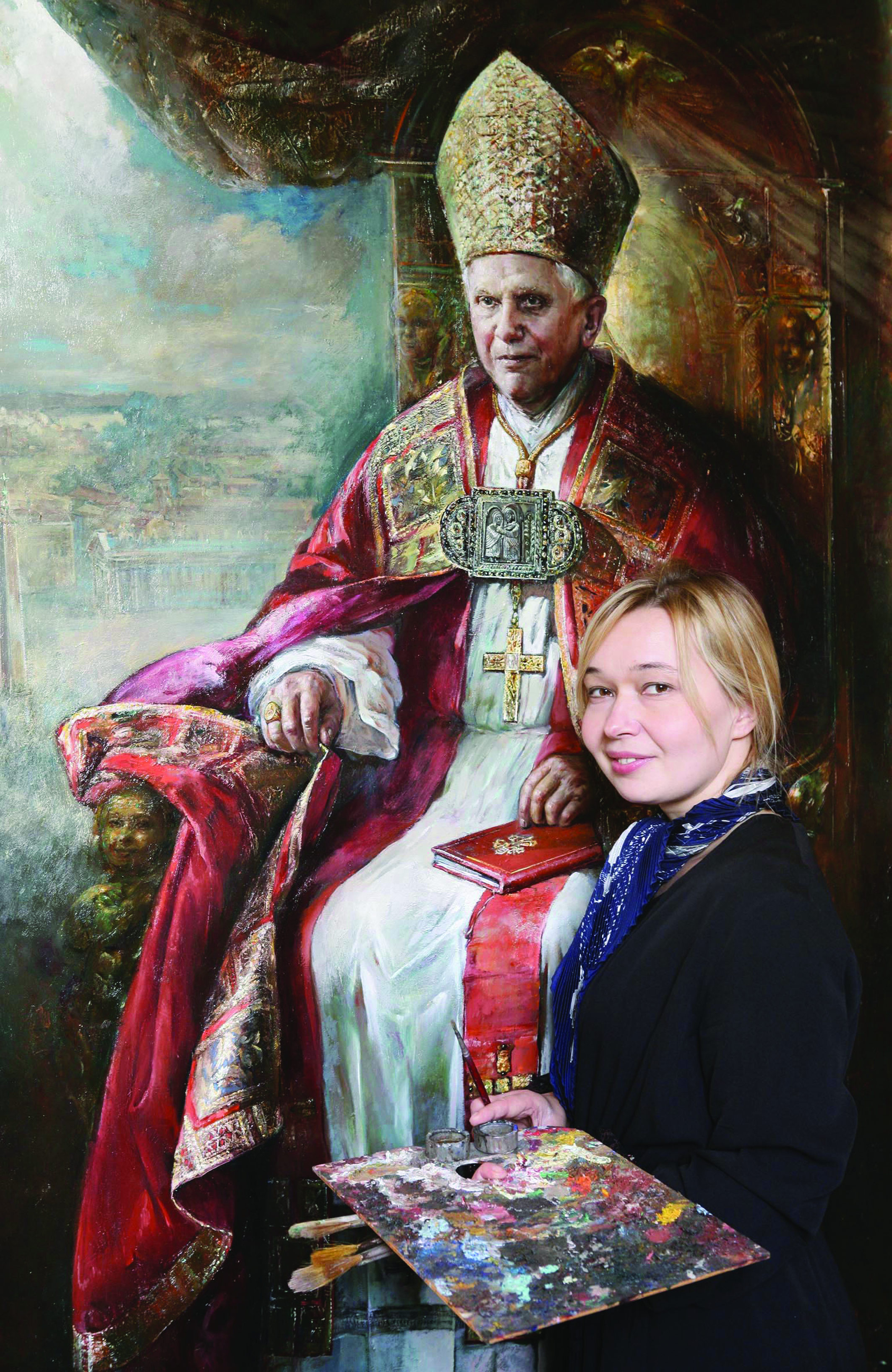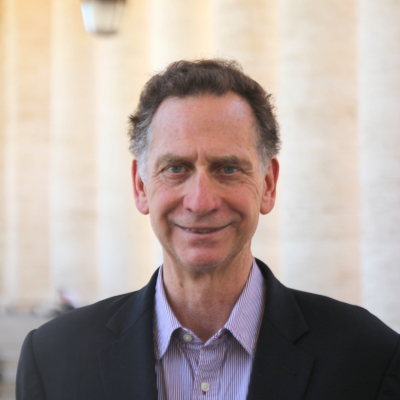Tens of millions of dollars were spent by American pro-gay marriage foundations to support the “Yes” vote in Ireland’s same-sex marriage referendum May 22. Those campaigning for a “No” vote had about $200,000 in funding available…
Multinational companies like Twitter and Google have their headquarters in Ireland and they supported the ‘Yes’ campaign.
—Dublin’s Archbishop Diarmuid Martin, following the May 22 vote approving same-sex “marriage” in Ireland
So what happened? First, foreigners spent a lot of money to get this passed… Second, the Irish were told that saying ‘No’ might damage their economy.
—Tim Stanley, The Telegraph, May 23
The ‘Yes’ side in the campaign also benefitted hugely from millions upon millions of American dollars.
—David Quinn, founder of the Iona Institute in Ireland, which opposed gay marriage, and a contributor to this magazine, in a May 27 article in Breitbart
Millions of dollars flooded into Ireland to support the passage of the gay marriage referendum in that country. Where did it come from? Some is known
to have come from an American foundation called Atlantic Philanthropies, funded by an Irishman. The money was used to turn Ireland’s LGBT (Lesbian, Gay, Bisexual and Transgender) lobby into one of the most formidable lobbies the country has ever seen.
Atlantic Philanthropies gave Ireland’s Gay and Lesbian Equality Network (GLEN) $4,727,860 between 2005 and 2011. And GLEN explained to The Irish Times in 2013 that it gets only half its funding from Atlantic Philanthropies, so their total funding in those years was more than $9 million. This multi-year grant enabled them to “ramp up their work into a full-time, highly professionalized lobbying machine.”
Another Irish pro-gay marriage group, Marriage Equality, received $475,215 from Atlantic Philanthropies. It enabled them to set up a full-time office, to lobby and use “backroom” tactics like “hiring professional political advisers who were working with the government on other issues to report back on the government’s thinking on same-sex marriage.”
The Irish Council for Civil Liberties (ICCL), also strongly pro-gay marriage, from 2001 to 2010 received $7,727,700 and another $3,829,693 in 2010 and 2013. That’s more than $11 million.
“This is foreign money being systematically invested to change public opinion, to deliver seamlessly a ‘Yes’ in a referendum that has enormous consequences for family law for generations,” said Breda O’Brien, a volunteer at Quinn’s Iona Institute.
The Irish referendum approved of same-sex marriage by a 62% to 38% vote, making Ireland the first country in the world to approve of gay marriage through a nationwide popular referendum.
At the Vatican, Cardinal Pietro Parolin, the Secretary of State and so the #2 man after Pope Francis, said the vote was “a defeat for humanity.”
“I was deeply saddened by the result,” Parolin said at a conference in Rome on May 26. “The Church must take account of this reality, but in the sense that it must strengthen its commitment to evangelization. I think that you cannot just talk of a defeat for Christian principles, but of a defeat for humanity.”
Concerning the vote, three themes emerge:
(1) First, abuse cases, Church hypocrisy, and moral authority. The numerous cases of physical and sexual abuse of minors by Irish Catholic priests and nuns during the past half-century — trumpeted by a gleeful secular media, but also often underestimated and even denied by Church authorities and by many faithful Catholics who simply could not believe such things could happen — effectively destroyed the once almost unquestioned high moral authority of the Church. This is the reason Church leaders did not speak out more firmly before the referendum against approving gay marriage — because such speeches would have been mocked by most of the media and also by much of the general public.
(2) Second, as mentioned at the outset, the influence of money. A flood of money supporting the initiative came from abroad, and fears were stirred that the economic consequences of a negative vote might be grave for Ireland — that is, that being “out of step” with the global LGBT agenda might harm Ireland’s economic future.
(3) Third, modern communications technology. Unprecedented technological changes in human communications technology during the past 200 years (from telegraph to Twitter) had a huge role to play.
In Ireland, roughly 30% of posters put up by the “No” side during the campaign were illegally torn down by “Yes” side activists who often boasted about it on social media. Torrents of abuse were directed at “No” side speakers on social media on a daily basis. The result was that many ordinary “No” voters were scared to speak to journalists because of what would then be directed at them as a result. “In this atmosphere, it was a minor miracle that the ‘No’ side managed to garner 38% of votes cast, amounting to almost 750,000 voters,” Quinn said.
These new technologies mean that individuals around the world — including in Ireland — are almost instantaneously subjected to, or influenced by, news, videos, films, radio, popular music, internet, Twitter, Facebook, etc., which did not even exist 100 or 50 or, in some cases, just 10 years ago.
Somewhere along the interface between these new media and the human beings they are used by and affect, there are clues as to why human beings worldwide are changing their judgment so rapidly on many traditional moral teachings which, before this generation, were held universally for thousands of years.
Clearly, the traditional “transmission vectors” of ideas and beliefs — fathers and mothers speaking to their children, grandparents and uncles and aunts speaking in family gatherings, “village elders” speaking in community gatherings, and, yes, priests and nuns and evangelists speaking at Sunday Masses and in catechism classes — have been “short-circuited” and overwhelmed by these new “media.”
Once-Catholic Ireland is now a “modern, tolerant, secular and inclusive” society in the eyes of “our peers in the Western world,”
Quinn said. Quinn said an 87-year-old priest had written to him and expressed very well what had happened in Ireland: “Compassionate care of homosexual people was confused with the nature of marriage.”
“I cannot sum it up any better than that,” Quinn said.






Facebook Comments